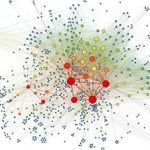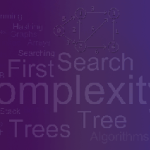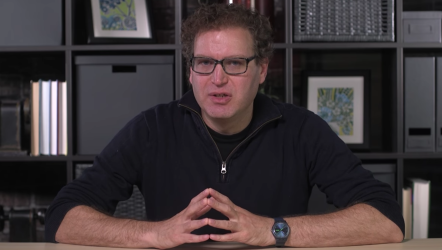
Introduction to Graduate Algorithms
Summary
This is a graduate-level course in the design and analysis of algorithms. We study techniques for the design of algorithms (such as dynamic programming) and algorithms for fundamental problems (such as fast Fourier transform or FFT).
In addition, we study computational intractability, specifically, the theory of NP-completeness. The main topics covered in the course include: dynamic programming; divide and conquer, including FFT; randomized algorithms, including RSA cryptosystem and hashing using Bloom filters; graph algorithms; max-flow algorithms; linear programming; and NP-completeness.
Expected Learning
The design and analysis of algorithms form an essential basis for computer science. This course is useful for those who want to pursue advanced studies in computer science, as well as those who want to work as a software engineer.
Syllabus
Dynamic Programming
- Fibonacci Numbers, Longest Increasing Subsequence (LIS), Longest Common Subsequence (LCS)
- Knapsack, Chain Matrix Multiplication
- Shortest Path Algorithms
Randomized Algorithms
- Modular Arithmetic: Fast Modular Exponentiation, Multiplicative Inverses
- RSA Cryptosystem: Fermat's Little Theorem, RSA Protocol, Primality Testing
- Hashing: Traditional Chain Hashing, Bloom Filters
Divide and Conquer
- Fast Integer Multiplication
- Linear-Time Median
- Fast Fourier Transform
Graph Algorithms
- Strongly Connected Components, 2-Satisfiability
- Minimum Spanning Tree
- Markov Chains, PageRank
Max-Flow Problems
- Ford-Fulkerson Algorithm
- Max-Flow Min-Cut Theorem, Edmonds-Karp Algorithm
- Max-Flow applied to Image Segmentation
Linear Programming
- Simplex Algorithm
- Weak and Strong Duality
- Max-SAT Approximation
NP-Completeness
- Complexity Classes: P, NP, NP-Complete
- NP-Complete Problems: 3-SAT, Independent Set, Clique, Vertex Cover, Knapsack, Subset-Sum
- Halting Problem
Required Knowledge
Students are expected to have an undergraduate course on the design and analysis of algorithms. In particular, they should be familiar with basic graph algorithms, including DFS, BFS, and Dijkstra's shortest path algorithm, and basic dynamic programming and divide and conquer algorithms (including solving recurrences). An undergraduate course in discrete mathematics is assumed, and students should be comfortable analyzing the asymptotic running time of algorithms.
The course uses the textbook Algorithms by Sanjoy Dasgupta, Christos Papadimitriou, and Umesh Vazirani.
Free
Advanced
Eric Vigoda
Georgia Institute of Technology
Coursearena





